Test Bank For Modern Principles of Economics 3rd Edition by Tyler Cowen
- Recall Chapter 1’s opening story about the British sea captains and convicted felons. In what way were incentives used to solve the problem of the high mortality rate on board the ships?
A)Payment (to ship captains) was to be offered for each prisoner that was taken aboard the ships.
B)Payment (to ship captains) was made independent of the regulations passed for prisoner welfare.
C)Regulations were passed so that prisoners could get better food, water, and medical care.
D)Payment (to ship captains) was made dependent on the survival rate of prisoners.
2. Recall Chapter 1’s opening story about the British sea captains and convicted felons. Instead of paying the sea captains for each prisoner placed on board the ships in Great Britain, an economist suggested:
A)paying for each prisoner who walked off the ship in Australia.
B)paying for food and water to reduce the costs of caring for prisoners during transit.
C)doing nothing, since the suggested change would not matter.
D)that new regulations be passed to require prisoner safety and health.
3. In his book The Wealth of Nations, Adam Smith claimed that individuals:
A)always act in an altruistic way.
B)always consider the effect of their actions on others.
C)are motivated by self-interest.
D)are not concerned with resources.
4. In the opening story, the payment to captains of prisoner transport ships for each convict who arrived in Australia instead of for each convict who boarded the ship:
A)made no difference.
B)saved the lives of hundreds of convicts.
C)increased the volume of slave trafficking.
D)shows that people care more about morality than about their self-interest.
5. In several cities around the country, schools are paying cash awards to students who do well on English and Math tests. This practice highlights the idea of:
A)pedagogical economics—the continuous assessment of student performance in an effort to maximize student efficiency.
B)hidden costs—the costs borne by taxpayers in the form of wasteful school spending.
C)incentives—the rewards and penalties that motivate behavior.
D)screening theory—the identification of individuals or groups based on various performance measures.
6. Everyday people rely on the work of others to provide us with food, clothing, and shelter. These people work for our benefit because:
A)people think at the margin.
B)trade-offs are everywhere.
C)they benefit by doing so.
D)institutions require them to do so.
7. Economists think that people are self-interested:
A)only when monetary incentives are present.
B)because they respond to incentives in predictable ways.
C)only rarely in response to incentives.
D)unless they are being altruistic.
8. The basic postulate of economics indicates that changes in incentives influence the:
A)actions of producers but not consumers.
B)actions of consumers but not producers.
C)choices of individuals only when they buy and sell goods in the marketplace.
D)choices of individuals with regard to a wide range of activities, including those generally perceived as social or political.
9. Economists assume that people respond to:
A)other people.
B)social interest.
C)benevolence.
D)incentives.
10. Adam Smith wrote, “It is not from the benevolence of the butcher, the brewer, or the baker, that we expect our dinner, but from their regard to their own interest.” He meant that:
A)most of us no longer get our dinner directly from the butcher, the brewer, and the baker.
B)butchers, brewers, and bakers are not productive members of society.
C)high-interest payments mean that no one has to work anymore.
D)people work for the benefit of others because it benefits them to do so.

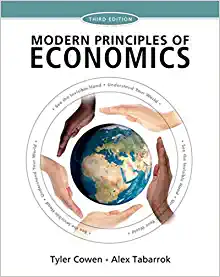
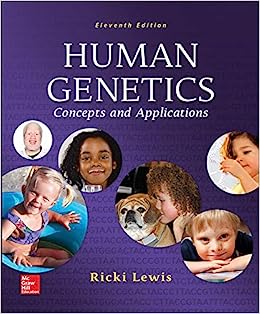


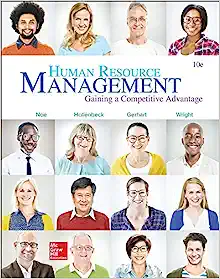
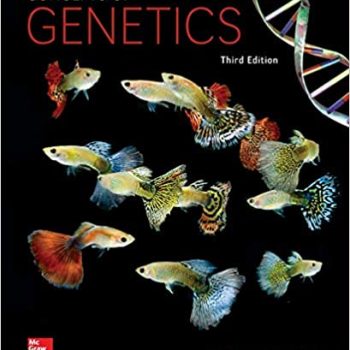

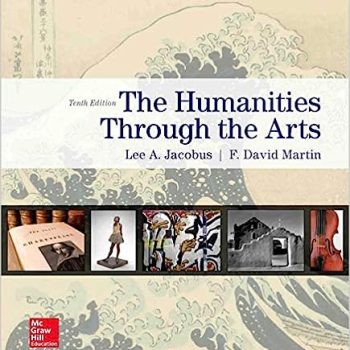
Reviews
There are no reviews yet.